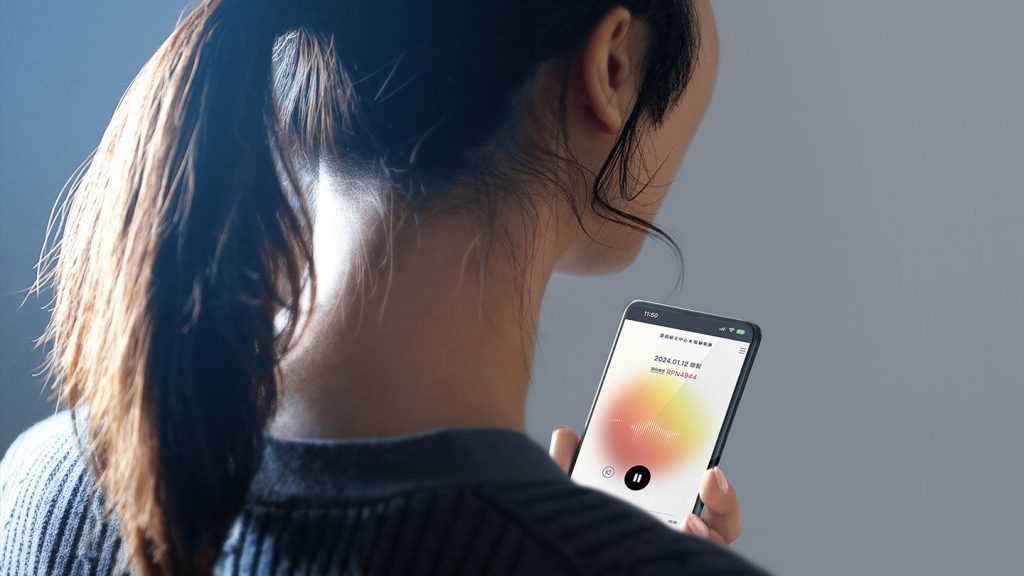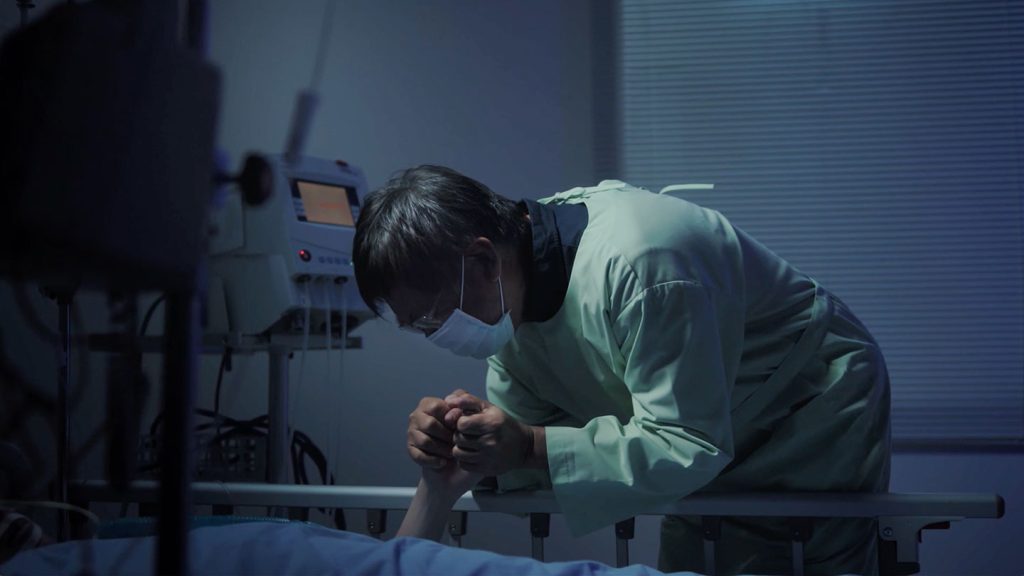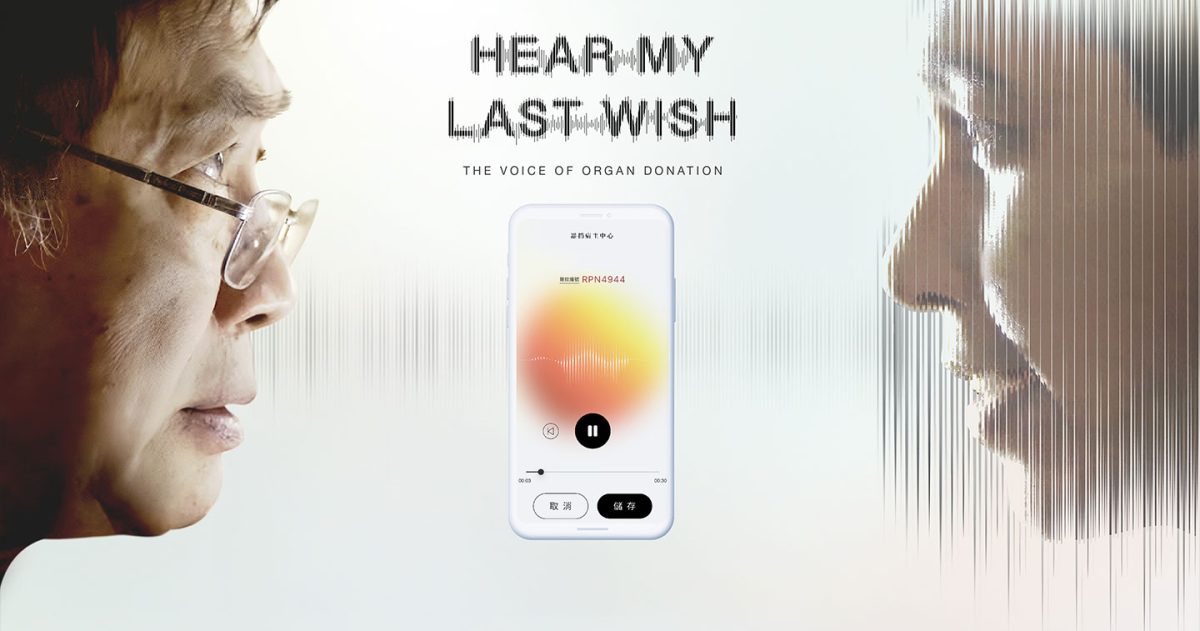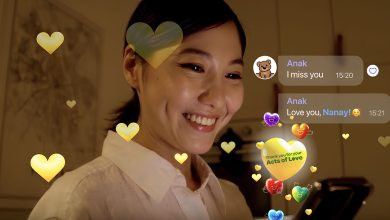TAIPEI, TAIWAN — Creative agency Publicis Groupe Taiwan has launched “Hear My Last Wish,” a platform that allows potential organ donors to express their heartfelt wishes to loved ones when they’re no longer here, at the moment it matters most.
In many countries, if an organ donor has passed away, consent to donate is still legally required from a relative within a crucial 36-hour window. Overcome by grief, many families refuse. In Taiwan, there are currently more than 10,000 people waiting for organ donations, yet only 1,000 transplants took place between 2020 and 2022. The challenge is exacerbated by a cultural belief that bodies should be left intact after passing: 99% of all potential organ donations are vetoed by family members.


To rethink the entire organ donation process, Publicis Groupe Taiwan teamed up with the Taiwan Organ Sharing Registry and Patient Autonomy Promotion Centre, and the Taiwan Ministry of Health and Welfare to develop “Hear My Last Wish,” a digital service that allows potential donors to express their wishes when they’re no longer here, using sound to bridge the gap between life and death.
Each audio recording or “voiceprint” is annotated and securely stored by Taiwan’s National Health Insurance Database, which the Ministry of Health and Welfare manages. It can then be used to facilitate communication with family members in the crucial window when consent is needed.
“These very personal voiceprints resolve the biggest challenge facing organ donation in Taiwan: family consent. ‘Hear My Last Wish’ is designed to help families make an incredibly difficult decision and feel positive about giving consent. It uses creativity with respect to cultural sensitivity to transform an established system and encourage behavior change,” said Kevin Yang, CEO and Chief Creative Officer at Leo Burnett Taiwan.
To launch the initiative, the agency released a film starring renowned Taiwanese actor Liang Hsiu-Shen, who powerfully depicts the emotional journey of one donor’s family.
“Hear My Last Wish” has now been implemented at all major Taiwanese hospitals that carry out organ donations. Every official donor consent form includes a QR code linking to the Organ Donation Voiceprint site, where donors can record their wishes at any time, stored for the future.
The Taiwan Organ Sharing Registry and Patient Autonomy Promotion Centre provides training courses and manuals to Taiwanese hospitals, ensuring doctors, nurses, and volunteers use recorded audio files at appropriate times to support families’ decisions.
“Younger generations in Taiwan are often hesitant to disclose their support for organ donation due to traditional taboos. Even if they sign consent forms, they don’t tell their families for fear of unnecessary conflict. Many opportunities are lost when their decisions are vetoed, making ‘Hear My Last Wish’ a powerful solution,” said the Department of Medical Affairs Director-General.
In June 2023, “Hear My Last Wish” was incorporated into the Taiwan Ministry of Health and Welfare’s official organ donation regulations after being initiated by Leo Burnett Taiwan. By December 2023, over 3,500 organ donation voiceprints were recorded. Taiwan reported over 1,000 successful cases in 2023 – its highest success rate in 10 years and even historically, up 33% year-on-year.
Leo Burnett’s “Hear My Last Wish” is an important platform demonstrating the agency’s commitment to designing creative solutions to business problems.
Irene Chang, CEO of Publicis Groupe Taiwan, explained, “Publicis Groupe Taiwan is connecting all our diverse specialties and resources to continue raising the awareness and acceptance of ‘Hear My Last Wish.’ In 2024, Starcom, Digitas, and MSL will develop an extensive online and real-world experience to maximize the platform’s significance.”








